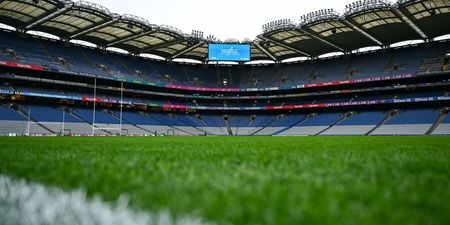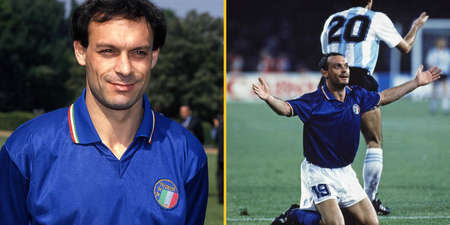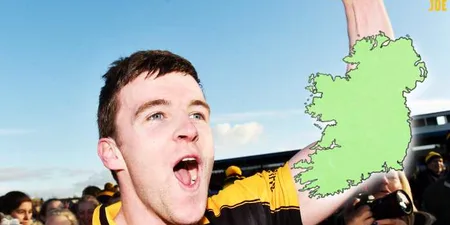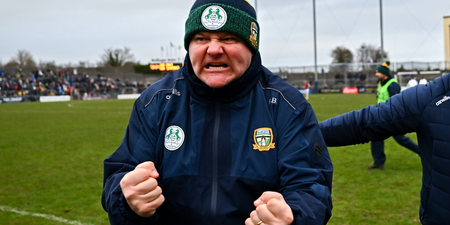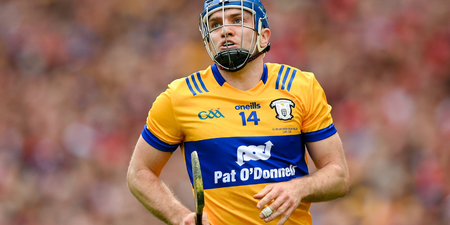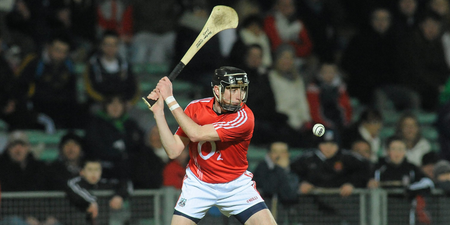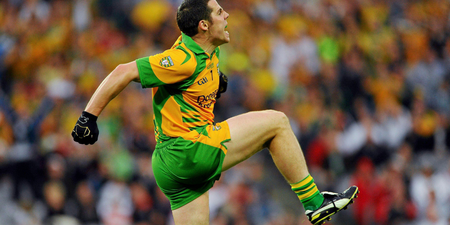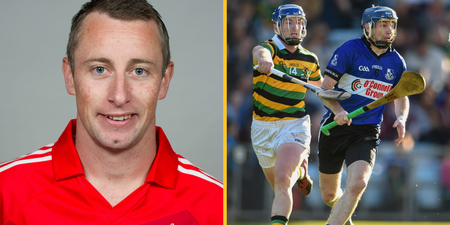This preview of the Dublin Senior Football Championship Final was written by Stephen O’Meara. You can follow him on Twitter here.
Sizing up Saturday’s Dublin Senior Football Championship, let’s start from the default position that we have to expect Vincent’s to win, and look at how Castleknock could upset the apple cart if they’re going to.
Why do we start at this default position? Firstly, because Vincent’s are brilliant. They’ve won two of the three previous Dublin and Leinster Championships and one All-Ireland. They have up to 13 starters who would probably make most, if not all, inter-county Division 3 teams, and six or seven who would be there or there about with most Division one inter-county sides.
Two of what I would consider to be in that six or seven, Mick Concarr and Gavin Burke, were left out for the last sixteen and quarter finals. Their bench is the club equivalent of the Dublin county team.
They are to Gaelic football as the Dutch or Germans are to soccer. Like Joe Brolly said about Dublin, they’re like a bad virus. You’re not going to tactically stitch them up . Their individual and collective understanding of the game is too good. You could work out a tactic to stifle them, it could work for two moves, but they’ll be smart enough to see what’s going on, and they’ll adapt. You’ll have to beat them head to head somewhere.
With the greatest of respect to Castleknock, they simply don’t have this amount of quality, and they certainly don’t have the bench.
On top of all of that, I reckon that they’re physically out-weighed in 10 or 11 positions and I imagine collectively weigh somewhere between one and two stone less per player than Vincent’s.
They probably weighed closer to the two stone mark lighter per player against Jude’s. The significant difference, however, is that against Jude’s, they were significantly athletically superior in at least 10, and maybe 11 positions, and one more when Tom Lahiff was taken off and the Castlknock party really started.
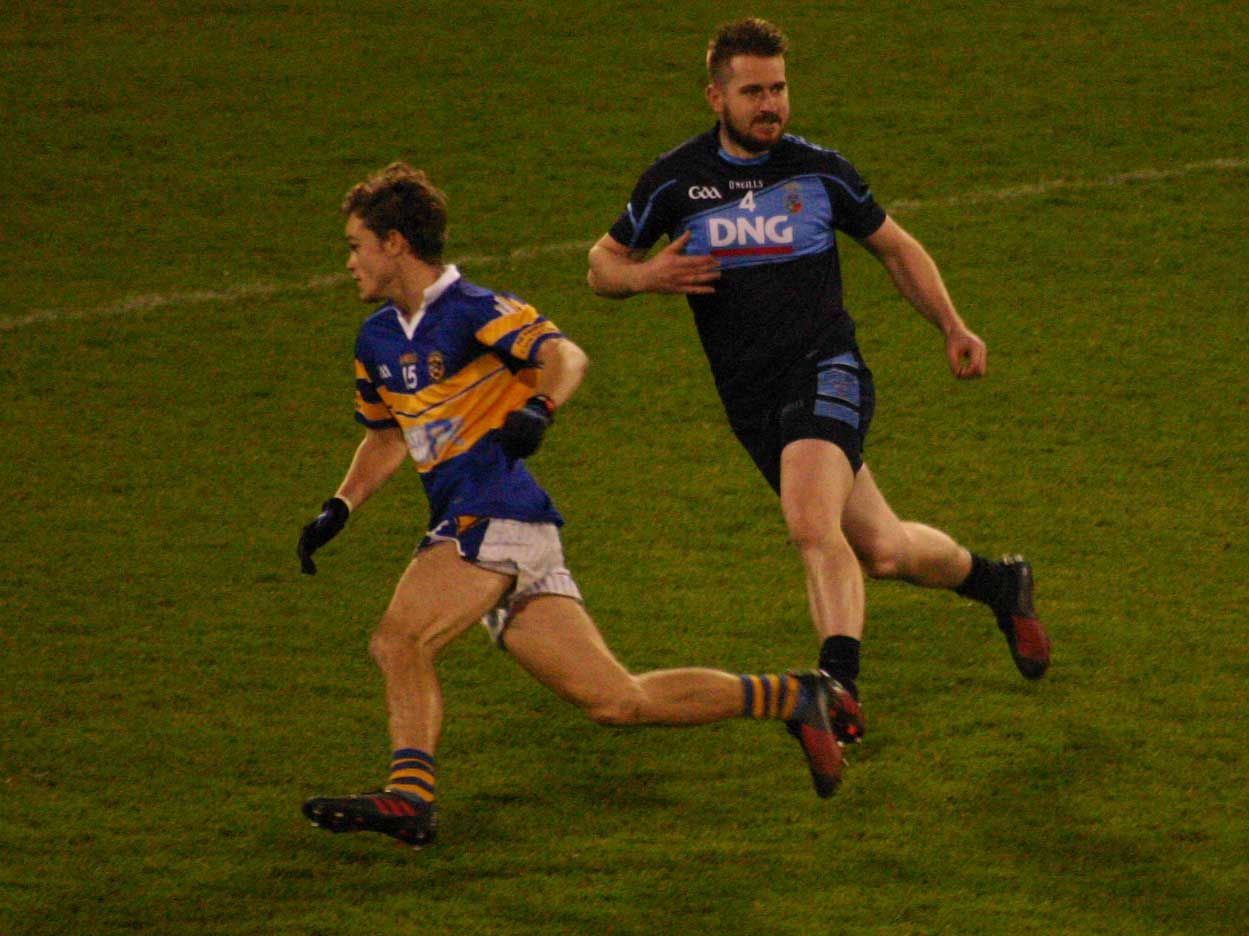
This will not be the case against Vincent’s. At worst for Castleknock, if Gavin Burke, Mick Concarr and Hugh Gill were all to play (unlikely more than two will, even if Gill is fit), they’d be marginally athletically superior to Vincent’s. If only one of these were to play, they’d be slightly, though not hugely athletically superior, a factor which they’ll only take advantage of in specific circumstances, which we’ll look at shortly.
It gets worse for Castleknock.
My “Long Kick-out Analysis” shows that Vincent’s mauled Ballymun on long kick-outs in the semi-final, with Vincent’s winning thirteen to five. That’s fine says you! GaaProstats figures typically show that you could congregate the middle, and that will force them to go short, like Castleknock did against Jude’s.
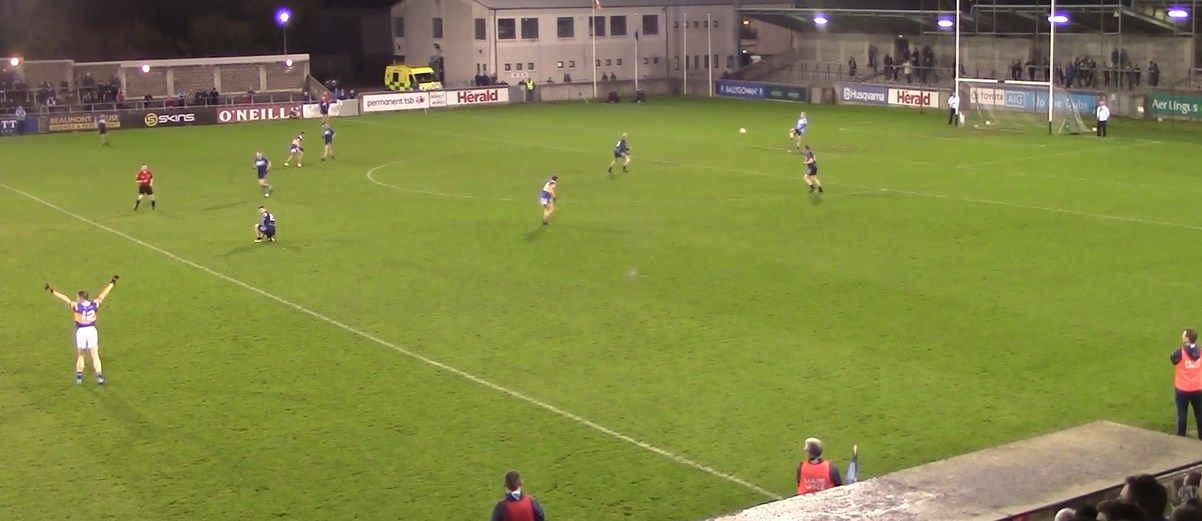
There are two problems. Firstly, Michael Savage in Vincents’ goal gets kick-outs off in as little as four and a half seconds. When he has got them off in less than nine and half seconds, GaaProstats figures illustrated that Vincent’s had a fifty percent kick-out to point ratio against Ballymun, and a total of a forty percent ratio looking at their last three rounds!
Yet, still, it gets worse. Here’s an idea. Force them to delay the kick-out, swamp them in the middle and allow them to go short, but not quickly, right? This is something which GaaProstats “Zone by Zone Kick-out Analysis” has generally illustrated to end up in more scores conceded upon the first turnover than scored by the team playing the kick-out.
I’ve seen two exceptions to this rule. Kerry and Vincent’s. Against Ballymun, they played six short kick-outs after nine and a half seconds. They scored four points and conceded just one upon the initial turnover, coming in at a fifty percent kick-out to point ratio profit.
Even down a man, Ballymun typically had twelve behind the ball at the half way line. That’s against a defence that had between two and three Dublin starters (James McCarthy went midfield when Jason Whelan was sent off). What do you do?
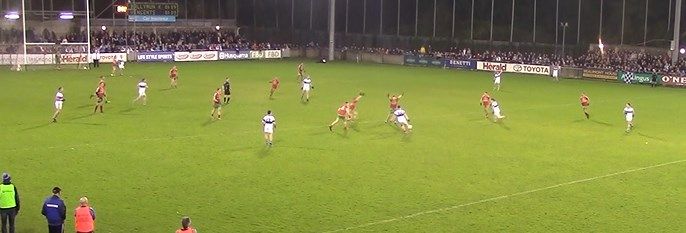
Let them go long on the kick-out and all patterns suggest you’ll be mauled and concede scores. Let them go short and all patterns suggest you’ll be mauled with quick moves up-field upon quick kick-outs, or on methodical “pick and poke” play upon short ones.
On top of all of this, there’s another problem. GaaProstats “Zonal Defence Analysis” illustrates that while Castleknock used the ball brilliantly in the latter two thirds of the field, they were a blunt force trying to break down Jude’s when they set up a blanket defence. It wasn’t a problem late on when they over-ran Jude’s, but they only managed two scores from play when Jude’s had men behind the ball.

By that rationale, if they don’t attack at lightning pace, before Vincent’s got men behind the ball, it’s hard to see where their scores will come from, and hard to see how they’ll stop Vincent’s from scoring. Have they any chance at all?
Yes, they do. Granted, they haven’t beaten Croke’s, Ballyboden or Balymun to get, here, but they’ve beaten the side who beat Croke’s and they beat 2014 finalists, Plunkett’s, in the first round.
They’re undoubtedly up there with Ballymun as the two fittest teams in Dublin, and maybe Ireland. Collectively, they have an immense ability to hold possession intelligently, with the best game controller in Ireland on top of it all, Ciarán Kilkenny. And with most players having done nothing but win since they were kids, they have a swagger untypical of a side in only their second year at senior.
If they’re going to stand a chance, they need to do at least three and probably four of five things, their athleticism being at the core.
1) They need to get kick-outs off quickly, and more importantly, quickly attack what I call the “killer quarter” (the quarter of the field beyond the man receiving the short kick-out) so that they can force “man on man” attacks before Vincent’s can get numbers behind the ball.
2) Alternatively, they’ll need to have hatched a plan to spoil the 6’6″ Daithí Murphy on long kick-outs, and clean up the breaks.
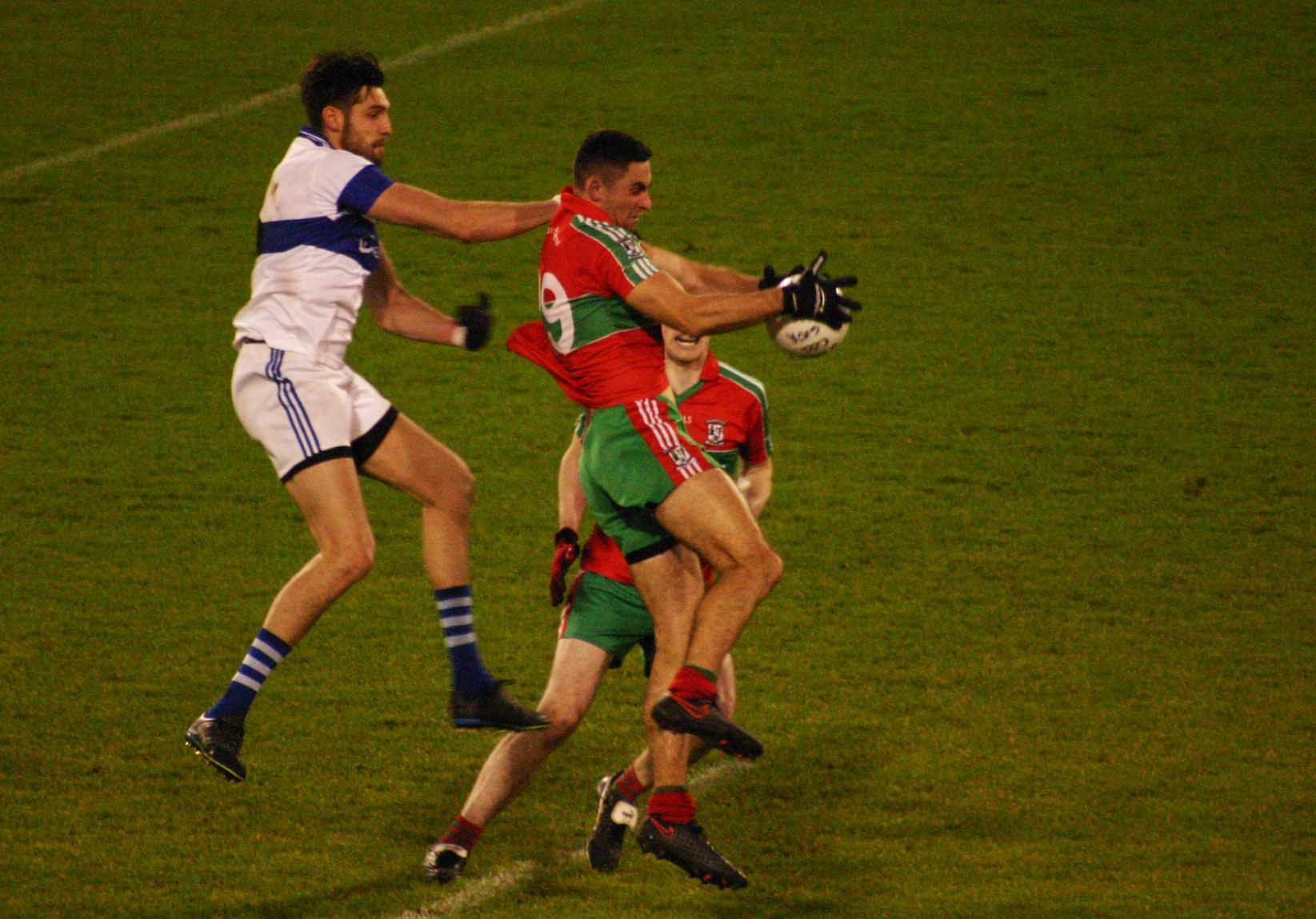
Succeeding in either of these elements would allow them to attack “man on man”.
3) They’ll simply have to prevent Vincent’s from getting off quick kick-outs.
4) This is the crux. Vincent’s have one, and only one, potential weakness. Collectively, they have an unathletic diamond (6,8,9,11). The flip side of a 6’6″ midfielder who lords kick-outs and a 31-year-old, game controller centre back, is that their opposite numbers will have abundantly more pace.
The only time I’ve seen Vincent’s struggle is when quick opponents have attacked this area “man on man”. Vincent’s lost just one long Ballymun kick-out in the semi-final. They conceded a point from it! They lost five against Na Fianna and Na Fianna went “one on one” with the keeper three of these five times. Why? Because when Vincent’s are forced to defend “man on man” in the middle third against a fast opposition, they don’t have the pace the cope.
Castleknock have the pace in abundance… if they can manufacture the circumstances. Put Kilkenny and Shane Boland at midfield (assuming Tom Quinn will go centre back on Diarmuid Connolly), you push Graham Hannigan to wing back, and you have Ben Galvin centre forward and Dessie Carlos at wing forward. Now you have awesome pace in six of the eight middle third positions, and the other two aren’t bad either.
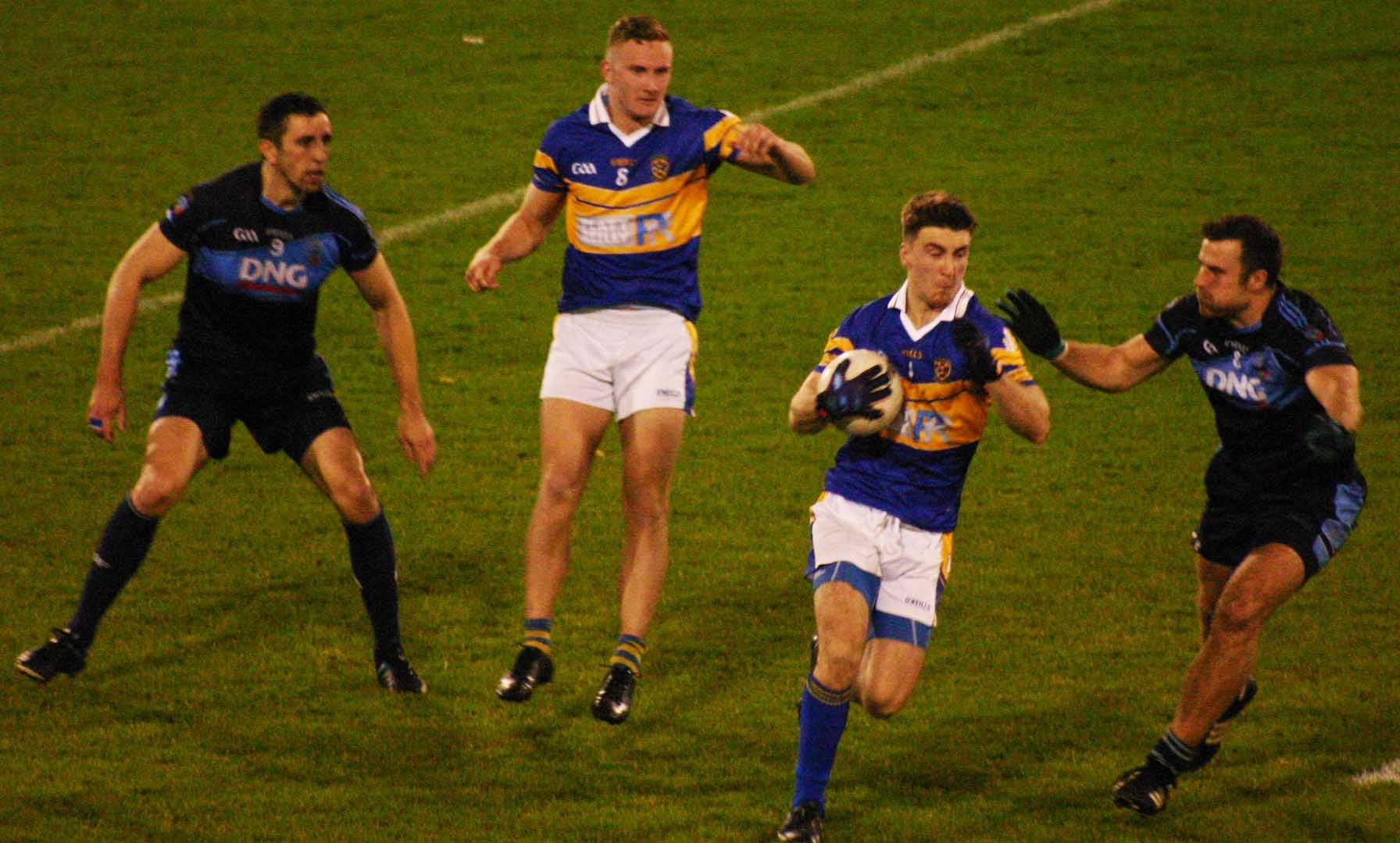
The key, however, is Kerry 2013! Who was the only man to ever roast Ger Brennan? Colm Cooper. Yes, all centre forwards aren’t Colm Cooper, but the key was that he never drifted far from the “45”. Whenever he got the ball, he was immediately in an attacking position. Kerry’s wing forwards did the link play.
The mistake teams make against Vincent’s is that they allow centre forwards to drift out. Ballymun’s Jason Whelan, in the 23 minutes he played before being sent off, never picked the ball up near the “45”. He kept coming into his own half. He never asked Brennan the question, “can you stop me, a powerful, pacey ball carrier, man on man”? Murphy wasn’t asked the same question either.
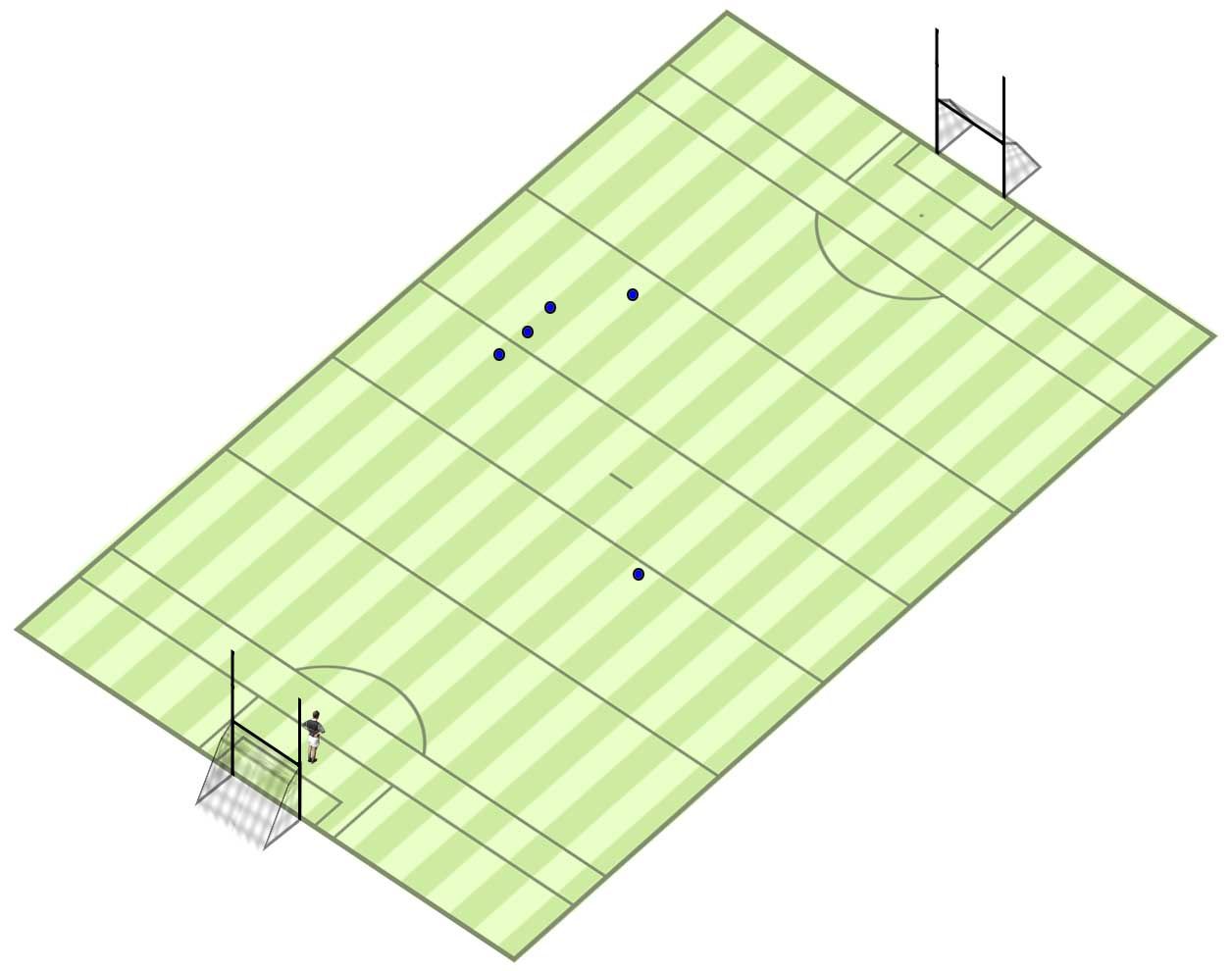
Castleknock got too many men behind the ball against Judes’ to expect to break down Vincent’s, and the ones up-field from the ball, were frequently shapeless.
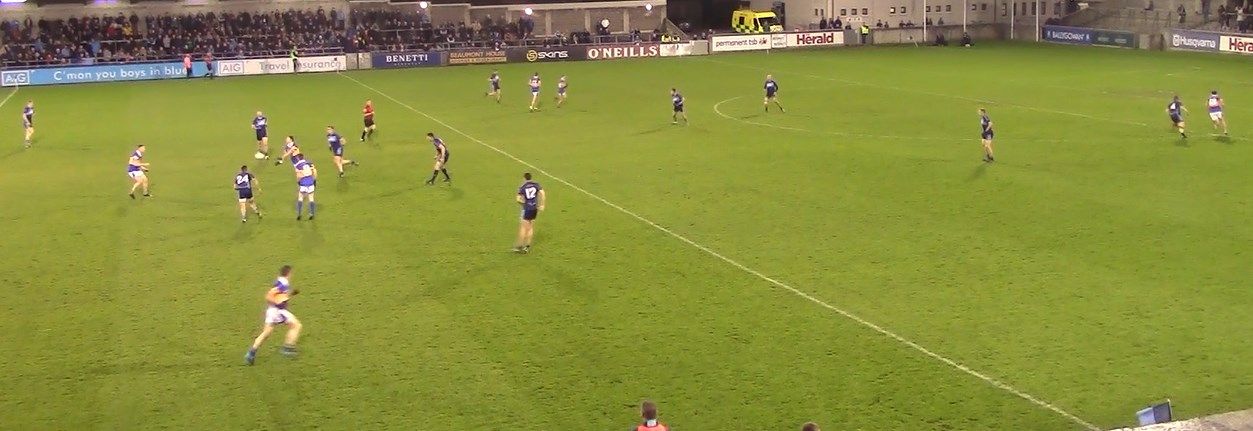
Now, Galvin is no Colm Cooper, but he would match him for pace (Cooper of 2013), and so could Carlos. If these two hold their line, and one or two in the full forward line hold theirs, and allow James Sherry, Kevin Kindlon and/or others to do the roaming, they could be in business.
If they can use the aforementioned elements to manufacture that these two can ask Brennan at centre back and Brendan Egan or Nathan Mulins/Cameron Diamond these question, they could do it.
Anything less and they don’t have a turkey’s chance at Christmas.
And, of course, the fifth element. Quinn or Hannigan, only have to stop Connolly!
Who are the winners of the much-coveted 2016 Wooly Awards? Find out in our GAA Hour Special




